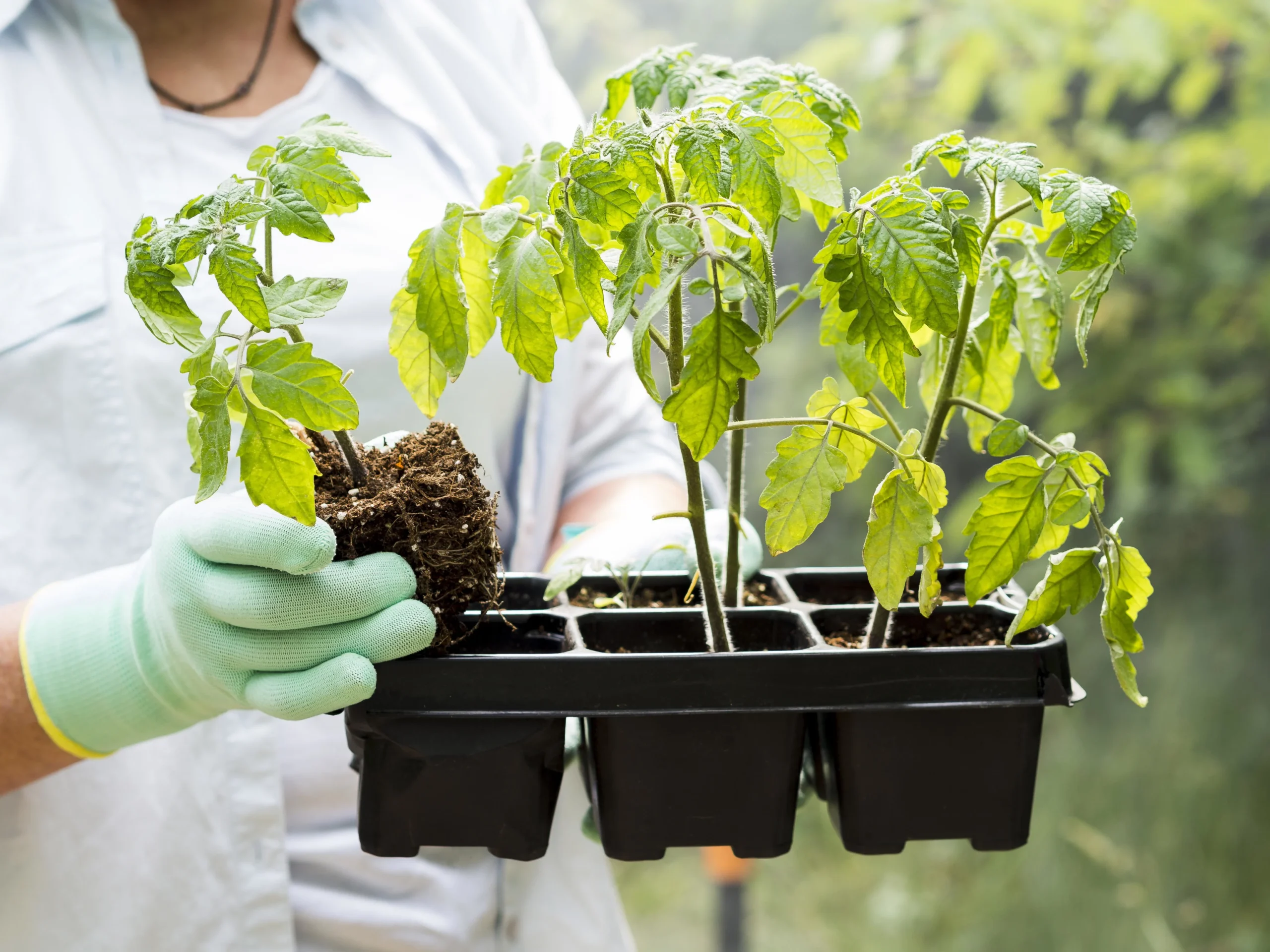Our Blog

How Gel Fertilizers Help Farmers Save Water and Nutrients
Water scarcity and nutrient loss are two of the biggest challenges in modern agriculture. Traditional fertilizers often leach into the soil or evaporate, leading to waste and environmental damage. Gel Fertilizers offer a smart solution by providing controlled nutrient release while reducing water usage. Let’s explore how these fertilizers help farmers achieve sustainable farming.
What Makes Gel Fertilizers Different?
Unlike conventional granular or liquid fertilizers, gel fertilizers are water-soluble and jelly-like. They hold nutrients in a stable form, releasing them gradually for better absorption. This technology ensures plants get nutrients only when they need them.
How Gel Fertilizers Save Water
- Moisture Retention: Gel fertilizers help the soil retain moisture, reducing the need for frequent irrigation.
- Efficient Irrigation Use: They work well with drip irrigation systems, ensuring water and nutrients reach the plant roots directly.
- Reduced Evaporation: Nutrients remain stable in the gel form, minimizing water loss due to evaporation.
How Gel Fertilizers Save Nutrients
- Slow Nutrient Release: Nutrients are released gradually, preventing leaching and wastage.
- Better Absorption: Roots absorb nutrients efficiently, improving crop yield.
- Balanced Nutrition: Provides both macro and micro nutrients in one formula, reducing the need for multiple fertilizers.
- Eco-Friendly: Prevents nutrient runoff that can harm soil and water bodies.
Benefits for Farmers
By saving water and nutrients, gel fertilizers help farmers in multiple ways:
- Lower input costs for water and fertilizers
- Higher crop yields with better quality produce
- Improved soil fertility and long-term sustainability
- Reduced labor and application frequency
Best Practices for Using Gel Fertilizers
1. Drip Irrigation
Combine gel fertilizers with drip irrigation for maximum water and nutrient efficiency.
2. Foliar Application
Use as a foliar spray for quick nutrient correction during critical crop stages.
3. Soil Enrichment
Apply directly to the soil to enhance its nutrient-holding capacity.
Conclusion
Gel Fertilizers are transforming modern farming by reducing water consumption and preventing nutrient loss. For farmers, this means higher productivity, lower costs, and sustainable agriculture. By adopting gel fertilizer technology, farming can become both profitable and eco-friendly.

